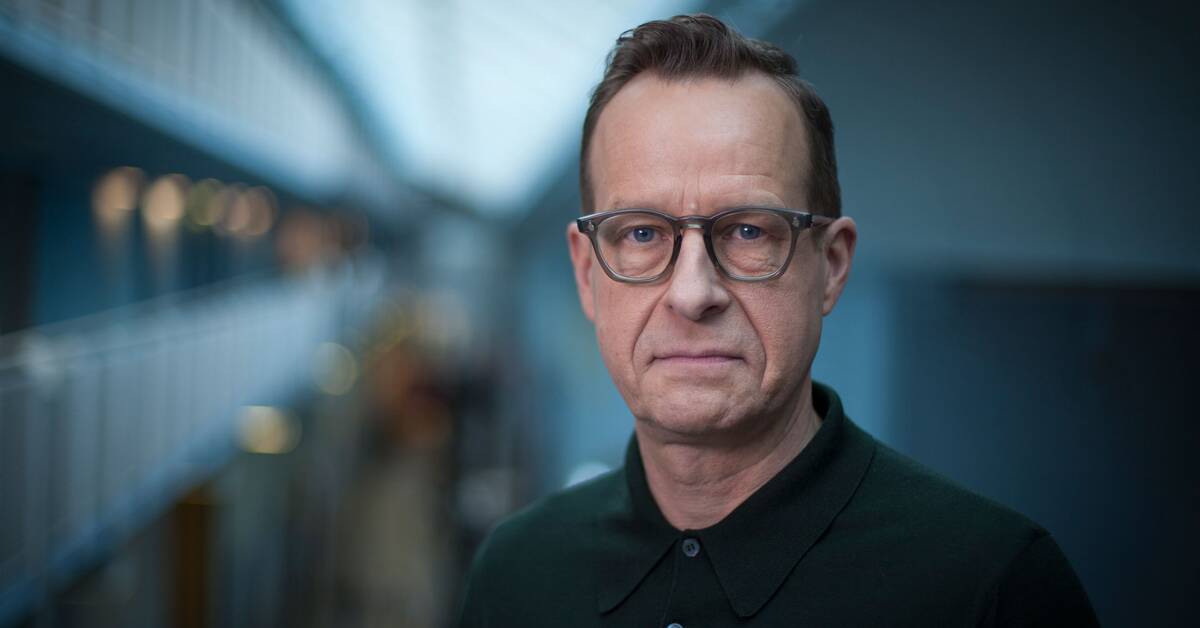In SD's recurring motions in the case since 2018, it is stated that the goal of a cultural canon is to strengthen a national cultural identity, which according to social conservative thinking is the necessary basis for all good things in a society.
In Wednesday's panel discussion
at Folk och kultur in Eskilstuna, Angelika Bengtsson (SD) aired several times her irritation that the existence of Swedish cultural identity has been "denied" for so long.
Deny is a big word, but that in Sweden, as in the rest of the Western world, the importance of national identity has been belittled, questioned, criticized and even mocked - it is obvious to everyone.
During the 20th century, art was distinctly critical and internationalist.
SD's political opponents
often suspect that this function – to establish what is not Swedish – is an important explanation for social conservatism's burning interest in national identity and the essence of community.
Culture Minister Parisa Liljestrand (M)
in her opening speech at Folk och kultur instead described the cultural canon as a toolbox to make culture accessible to those - domestic or foreign born - who feel discouraged by golden foyers and theater palaces.
She emphasized her own immigrant experience, her own work to overcome cultural barriers, and the help she received from teachers and librarians.
It sounded like she was trying to wrest the stick out of the hands of social conservatism and make the cultural canon a component of a moderate version of accessibility policy, the eternal main issue of cultural policy.

